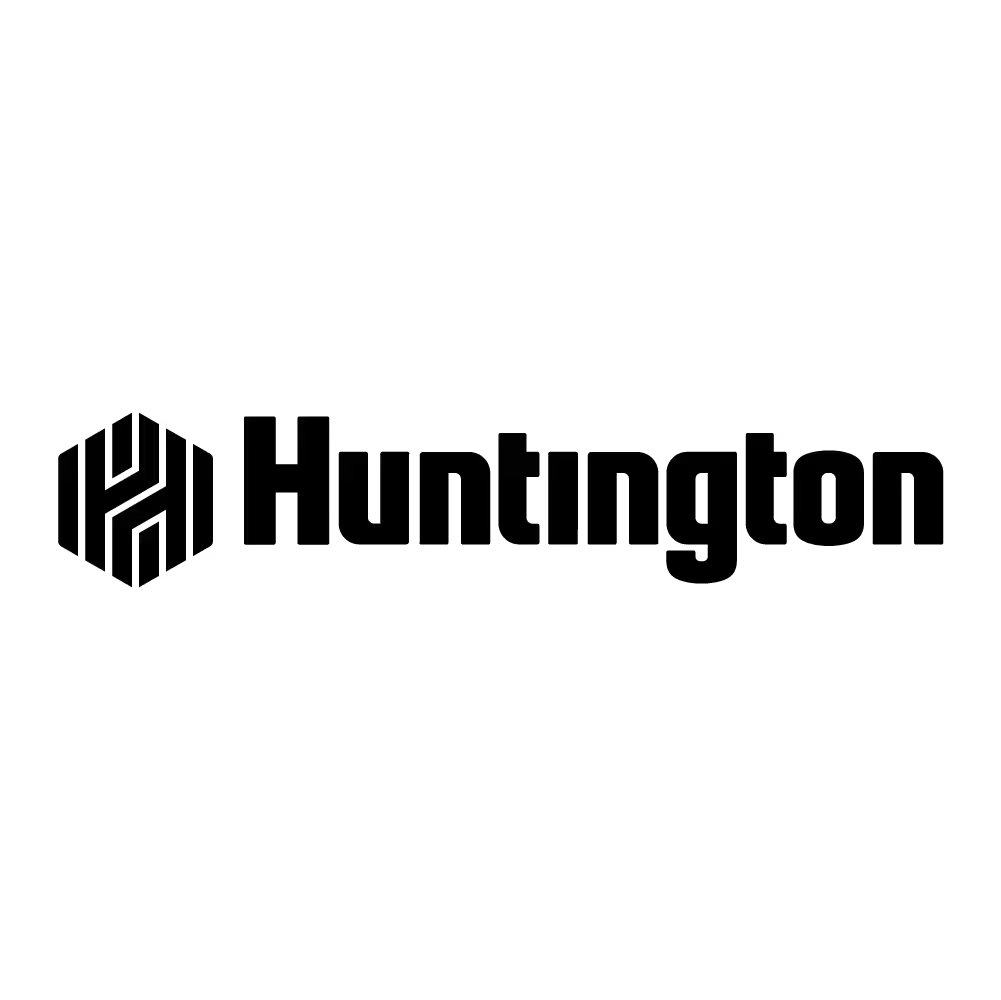







5-Star Valuation Services, Loved by Hundreds
Frequently Asked
Questions
No Frequently Asked Questions Found.
Assignments often focus on machinery and equipment, inventory, vehicles, and other operating assets. Reports are typically developed in accordance with USPAP and are designed to provide clear, supportable conclusions that can be relied upon by credit teams.
AppraiseItNow appraises various asset types for asset-backed lending
We perform valuations across a broad range of pledged collateral, including:
- Machinery & Equipment: medical equipment, construction equipment, trucks, trailers, laboratory equipment, CNC machinery
- Inventory: raw materials, work-in-process, and finished goods, often in warehouse environments
- Vehicles: cars, buses, commercial fleets, specialty vehicles, boats, and marine equipment
- Business Assets: enterprise or ownership interests when required in support of broader underwriting or restructuring analysis
Who we work with
Our asset-based lending clients commonly include:
- Banks and commercial finance companies
- Private credit and specialty lenders
- Asset-based lending groups
- Private equity sponsors
- Turnaround and restructuring advisors
- Business owners and operators
- Attorneys and workout professionals
Why are collateral appraisals needed in asset-based lending?
ABL structures depend on reliable estimates of what assets could support in a downside or recovery environment.
Independent valuations are used to inform underwriting, establish advance rates, evaluate borrowing base calculations, and satisfy internal credit policy. Clear documentation allows lenders to assess risk with greater confidence.
What standard of value is used for lending purposes?
Unlike financial reporting or tax matters, lending assignments often focus on recovery-oriented perspectives.
Depending on the engagement, this may include orderly liquidation or forced liquidation frameworks, along with analysis of marketability, time to sell, and cost considerations. The appropriate premise is usually determined in coordination with the lender.
When is an inventory appraisal required?
Inventory can be a primary driver of collateral coverage in many credit facilities.
Independent analysis may evaluate turnover, demand, seasonality, obsolescence, concentration risk, and channel considerations. Lenders typically require support for eligibility and advance rate decisions.
Who engages the valuation firm?
The lender frequently retains the appraiser, though borrowers may also initiate the process depending on the transaction structure.
Even when engaged by one party, the work is typically reviewed by multiple stakeholders including credit, risk, and regulatory personnel.
How do valuations support borrowing base calculations?
Appraisals help establish the framework from which lenders determine advance rates and eligibility.
The analysis can provide insight into expected recovery, concentration exposure, and volatility, all of which influence how much credit may prudently be extended.
Why can asset-based lending valuations be complex?
Operational realities often matter as much as asset lists.
Factors such as equipment specialization, maintenance condition, storage, supply chain dependencies, and market absorption can materially affect recoverability. These elements frequently require experienced judgment and industry knowledge.
What methods are used to determine value?
Valuation professionals may consider secondary market evidence, dealer activity, historical transaction data, and economic conditions affecting demand.
The objective is to develop conclusions that are realistic, supportable, and aligned with how assets would likely perform in an actual disposition.
When should lenders begin the appraisal process?
Many institutions order valuations during underwriting or refinancing, while others require periodic updates for portfolio monitoring.
Starting early allows findings to be incorporated into structuring decisions and reduces pressure near closing.
Can prior collateral appraisals be reused?
Sometimes, but lenders often require updates.
Market conditions, asset mix, utilization, and economic cycles can materially change recovery expectations. Regular refreshes are common in ongoing facilities.
How long do asset-based lending valuations take?
Timelines depend on asset volume, dispersion, operational access, and reporting requirements.
Remote analyses may move more quickly, while site inspections, large inventories, or multi-location portfolios typically require additional time. Rush services can often be accommodated.
- New Orleans
- Baton Rouge
- Shreveport
- Lafeyette
- Lake Charles
- Alexandria
- Slidell
- Monroe
- Houma
- Metairie
- Kenner
- Bossier City
- West Monroe
- Natchitoches
- Ruston
- Thibodaux
- Central
- Sulphur
- Hammond
- Gonzalez
- New Iberia
- And More!
APPRAISEITNOW APPRAISERS ARE BEST-IN-CLASS & CREDENTIALED BY LEADING APPRAISAL ORGANIZATIONS LIKE THE ISA, ASA, & MORE.
















